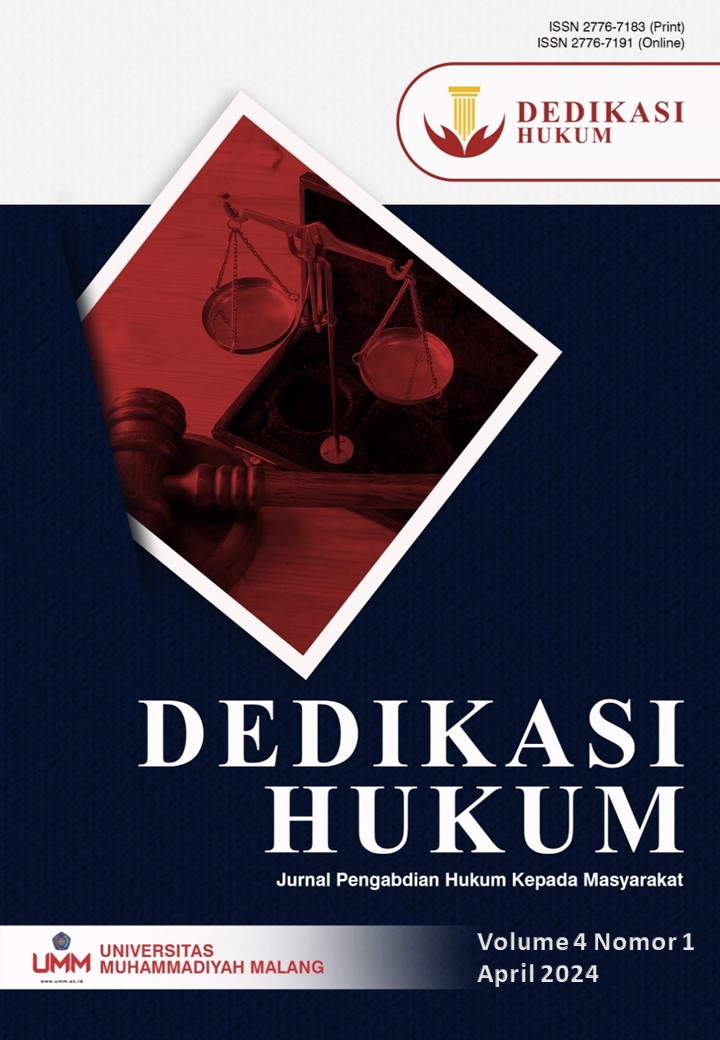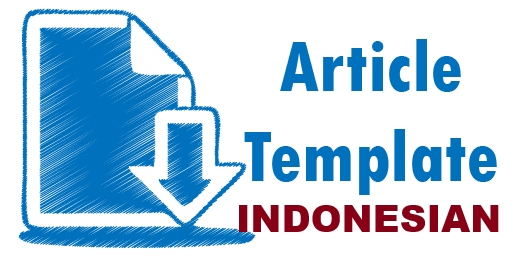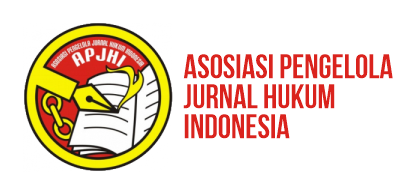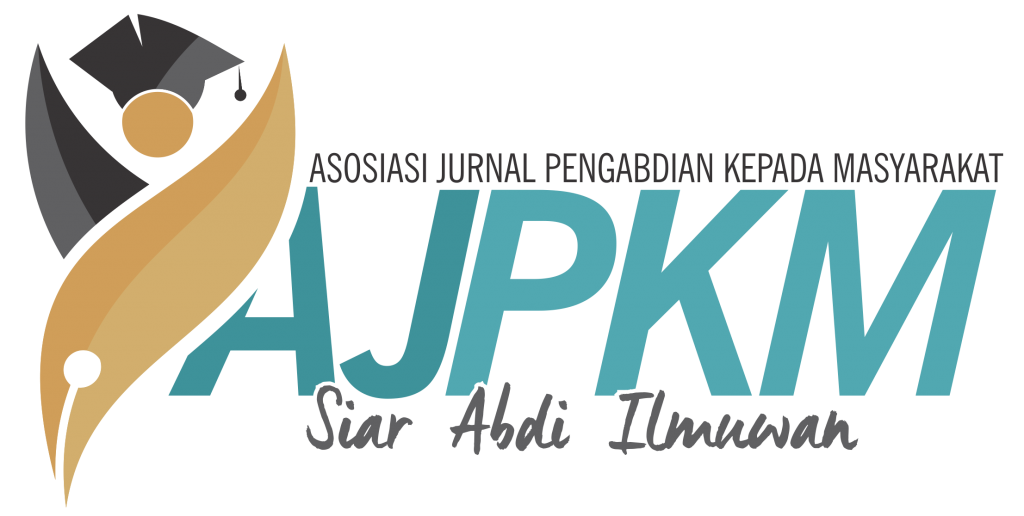Perlindungan Hukum Pekerja Sektor Informal terhadap Kesesuaian Upah di Indonesia
DOI:
https://doi.org/10.22219/jdh.v4i1.30356Keywords:
Informal workers, Wage rights, Wage policy, Hak upah, Kebijakan upah, Pekerja informalAbstract
Dewasa ini, perkembangan sektor ekonomi yang semakin maju tidak luput dari pekerja yang ikut serta memegang peran penting. Peranan andil pekerja tidak hanya terbatas pada sektor formal tetapi juga sektor informal. Meninjau realitas di Indonesia, mayoritas pekerja masih termasuk dalam pekerja sektor informal. Pekerja sektor informal tergolong dalam kelompok rentan karena kurangnya akan perlindungan sosial terkait hak-hak yang dimilikinya, khususnya realita bahwa seringkali upah yang diterima jauh dari kategori layak. Penelitian ini bertujuan untuk memahami bagaimana perkembangan peraturan hukum di Indonesia yang tertuang dalam melindungi upah yang layak bagi pekerja sektor informal dan perbaikan yang bisa dilakukan dalam memastikan kesejahteraan pekerja sektor informal. Metode penelitian menggunakan studi kepustakaan dengan mengumpulkan aturan-aturan hukum yang ada dan dokumen-dokumen lain terkait yang mendukung dalam kelengkapan topik yang diusung. Penelitian ini menemukan bahwasanya pemenuhan hak akan upah yang layah bagi pekerja sektor informal melalui regulasi yang ada masih belum tertuang secara implisit maupun eksplisit.
Abstract
Protection of Informal Sector Workers regarding Wage Compliance in Indonesian Regulations
Today, the advancing development of the economic sector is inseparable from the crucial role played by workers. The contribution of workers extends beyond the formal sector to include the informal sector. Surveying the reality in Indonesia, the majority of workers are still classified as informal sector workers. Informal sector workers belong to a vulnerable group due to the lack of social protection concerning their rights, particularly the often inadequate wages they receive. This research aims to understand how the development of legal regulations in Indonesia, aimed at protecting fair wages for informal sector workers, has unfolded and what improvements can be made to ensure the well-being of these workers. The research methodology employs a literature review by collecting existing legal regulations and other relevant documents that support the completeness of the discussed topic. The study reveals that the fulfillment of the right to fair wages for informal sector workers through existing regulations is still not explicitly or implicitly stated.
Downloads
References
Angel-Urdinola, D. F., & Tanabe, K. (2012). Micro-Determinants of Informal Employment in the Middle East and North Africa Region. Micro-Determinants of Informal Employment in the Middle East and North Africa Region, 1201. https://doi.org/10.1596/26828
Anggraeny, I., & Hidayah, N. P. (2021). KEABSAHAN PERJANJIAN KERJA WAKTU TERTENTU DENGAN KONSEP REMOTE WORKING DALAM PRESPEKTIF UNDANG-UNDANG CIPTA KERJA. Jurnal Hukum Dan Kenotariatan, 5(1), 52–73. https://doi.org/10.33474/HUKENO.V5I1.9262
Badan Pusat Statistik. (2022). Booklet Survei Angkatan Kerja Nasional 2022.
Badan Pusat Statistik. (2023). Booklet Survei Angkatan Kerja Nasional Februari 2023.
Balaka, M. Y., Rumbia, W. A., & Ernawati. (2022). Studi Karakteristik Pekerja Sektor Informal Pada Masa Pandemi Covid 19 Di Kota Kendari. Jurnal Progres Ekonomi Pembangunan (JPEP), 7(2), 178–179. http://ojs.uho.ac.id/index.php/JPEP
Bonoli, G. (2003). Social Policy through Labor Markets. Comparative Political Studies, 36(9), 1007–1030. https://doi.org/10.1177/0010414003257099
Davidov, G. (2012). Articulating Labour Law’s Goals: Why and How. European Labour Law Journal, 3(2), 130–150. https://doi.org/10.1177/201395251200300203
Dewantoro, F. R. (2024). Analisis Risiko Kerentanan Pekerja Informal di Indonesia Tahun 2022. Jurnal Ecodemica : Jurnal Ekonomi Manajemen Dan Bisnis, 8(1), 9–17. https://doi.org/10.31294/eco.v8i1.21205
Firnanddy. (2008). Studi Profil Pekerja Di Sektor Informal dan Arah Kebijakan Kedepan. Direktorat Ketenagakerjaan dan Analisis Ekonomi, Jakarta.
Freije, S. (2001). Informal Employment in Latin America and the Caribbean : Causes, Consequences and Policy Recommendations. Labor Markets Policy Briefs Series, January 2001, 1–2.
Hasen, R. L. (1997). Entrenching the Duopoly: Why the Supreme Court Should Not Allow the States to Protect the Democrats and Republicans from Political Competition. Https://Doi.Org/10.1086/Scr.1997.3109745, 1997(1), 331–371. https://doi.org/10.1086/SCR.1997.3109745
Hendro, A. D., Khiat, D., Wibisono, R. S., Nike, R., & Mahendradani, R. (2021). Identifikasi Kriteria Pekerja Informal terhadap Pemilik Usaha Makan-Minum di Jakarta. Indonesian Business Review, 4(2), 127. https://doi.org/10.21632/ibr.4.2.114-133
International Labour Organization (ILO). (2020). COVID-19 and the world of work. International Labour Organization, April, 7.
Keputusan Gubernur. (2021). Surat Keputusan UMK Jawa Barat 2022. 1–5.
Miliband, R. (1969). The State in Capitalist Society. Basic Book.
O’Hara, E. A., & Ribstein, L. E. (2000). From Politics to Efficiency in Choice of Law. University of Chicago Law Review, 67(4), 1151. https://doi.org/10.2307/1600456
Rizky, M. S., & Ekananta, A. (2022). Salary Survey Report.
Rosalina, H. N., & Setyawanta, L. T. (2020). Perlindungan Hukum Terhadap Pekerja Migran Sektor Informal dalam Perspektif Teori Bekerjanya Hukum di Masyarakat. Jurnal Pembangunan Hukum Indonesia, 2(2), 174–187.
Safaria, A. F. (2003). Hubungan Ketenagakerjaan di Sektor Informal: Permasalahan dan Prospek. Akatiga.
Saparini, H., & Basri, M. C. (1991). Pekerja Sektor Informal. FH UI.
Sudarman, A. (2011). Teori Ekonomi Mikro. BPFE.
SUPIOT, A. (2021). Labour is not a commodity: The content and meaning of work in the twenty‐first century. International Labour Review, 160(1), 1–20. https://doi.org/10.1111/ilr.12205
Syahwal, S. (2023). Paradigma Politik Hukum Pengupahan Indonesia: Studi Hak Atas Upah Layak Bagi Buruh Informal. Veritas et Justitia, 9(1), 188–216. https://doi.org/10.25123/vej.v9i1.5957
Undang-Undang Republik Indonesia Nomor 13 Tahun 2003 Tentang Ketenagakerjaan, Pub. L. No. 13, Penjelasan Pasal 88 ayat 1 (2003).
United Nations. (2023). WHAT IS GOAL 8.
W., T. P. (2006). PERAN SEKTOR INFORMAL DI INDONESIA. Humas UGM, 1.
Yao, C., Parker, J., Arrowsmith, J., & Carr, S. C. (2017). The living wage as an income range for decent work and life. Employee Relations, 39(6), 875–877. https://doi.org/10.1108/ER-03-2017-0071
Zainal Arifin Mochtar dan Eddy O.S Hiariej. (2021). Dasar-Dasar Ilmu Hukum. Red & White Publishing.
Downloads
Published
How to Cite
Issue
Section
License
Copyright (c) 2024 Yosephine Adinda, Jefri Hari Akbar

This work is licensed under a Creative Commons Attribution 4.0 International License.
















